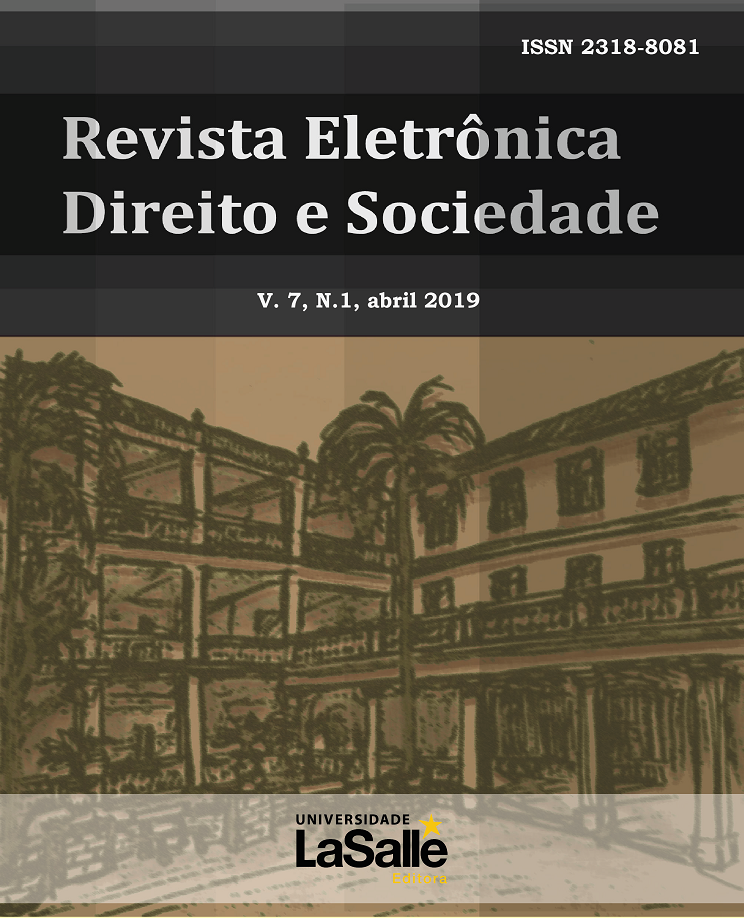Guardianship of Diffuse Assets and Private Relations
DOI:
https://doi.org/10.18316/redes.v7i1.3533Keywords:
Democracy, Suffrage, Optional Vote, Compulsory VotingAbstract
Brazil is the stage for being a Universal State of Law, in which citizens use the universal instrument, be it their right to vote, to define, by majority, who will be the representatives of the next 04 or even 08 years. More in the face of this political panorama, where there are issues such as corruption and the absence of a clause to increase the risk of risk capital. To do this, using qualitative bibliographical research, it is intended with this opinion to evaluate the foundation that permeates the notions of suffrage, democracy and vote, highlighting the importance of a broad awareness prior to any change in a regime is not a Brazilian cultural problem. Moreover, it is intended with this article to select a supremacy of the vital vow of some aspect and, in general, it is a vital force that is at will and its followers of sovereignty in the democratic state. Finally, it is intended that, historically, Brazil and its organizations do not promote the individual the full development of the human personality. Thus, (in) the viability of the optional or incremental vote of (morality), the possibility of annulment of the lower areas of Brazilian society. This is an elementary works proposed by present article.Downloads
Published
Issue
Section
License
Authors who submit their manuscripts for publication in the “REDES” Magazine agree to the following terms:
The authors claim to be aware that they retain copyright by giving “REDES” the right to publish.
The authors declare to be aware that the work submitted will be licensed under the Creative Commons Non-Commercial Attribution License which allows article sharing with acknowledgment of authorship and publication in this journal.
The authors declare to be aware that by virtue of the articles published in this journal have free public access.
The authors declare, under the penalty of the law, that the text is unpublished and original and that they are aware that plagiarism has been identified, plagiarized authors will be informed - willingly, to take legal action in the civil and criminal sphere - and, plagiarists will have their access to the magazine blocked.
The authors state that - in case of co-authoring - all contributed significantly to the research.
Authors are obliged to provide retractions and (or) corrections of errors in case of detection.
The authors are obliged not to publish the text submitted to “REDES” in another electronic journal (or not).
The Electronic Journal Law and Society - REDES - is licensed under a Creative Commons License. Attribution-NonCommercial 4.0 International.Based on work available at "http://revistas.unilasalle.edu.br/index.php/redes/about/submissions#copyrightNotice".
Permissions in addition to those granted under this license may be available at http://creativecommons.org/.

